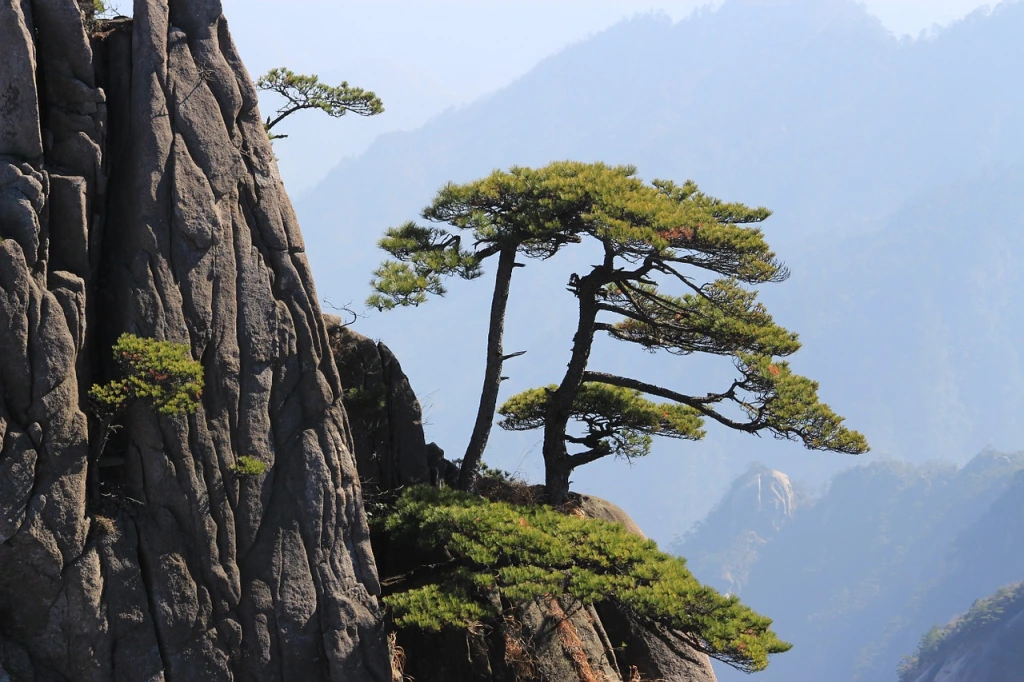Mother’s Day is one day away, so I reprise Meng Jiao’s Song of the Wandering Son. The poem is like a multi-faceted gem, viewed differently from different angles.
The thread in the hands of a loving mother
Making clothes for her wandering son;
Carefully she stitches and sews,
Fearing delays that will keep him from home.
But how does inch-long grass
Repay the sun for three months of sunlight in spring?
The wandering son
Our wandering son is most likely a soldier called up by the emperor to campaign in the spring and the summer against the Tibetans in the far west or the Mongols to the north. The weather is bleak, the spring and summer short, winter is long and cold. The soldiers travel to a faraway land of high, grass plateaus, steep ravines, and snow-capped mountains. The sparse rains fall, gathering and forming the three of the great rivers of Asia – the Yellow, the Yangtze, and the Mekong.
The Tang soldiers confront tribesmen who are fierce warriors and splendid horsemen born to the saddle. They live upon herds of yaks, cliff-dwelling sheep, horses and the plunder they take from the caravans bound to and from China.
A loving mother
Our mother silently goes about her work closely stitching the warm coat he will need, knowing and fearing the long delay before he returns.
Notes on translation
How does the high plateau grass repay the sun for its sunlight, how does a son repay a mother for her nurturing love?
The last two lines of Meng’s poem which begins with 谁 言 Shéi yán, who said, has become a metaphor for a mother’s love.
谁 言, 寸 草 心, 报 得 三 春 晖
Shéi yán, cùn cǎo xīn, bào dé sān chūnhuī












